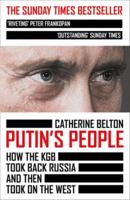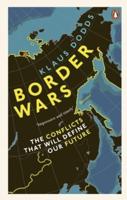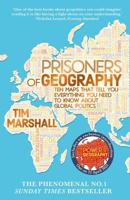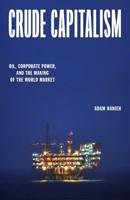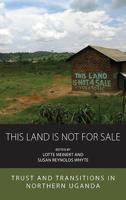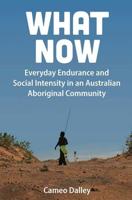Publisher's Synopsis
The book presents a world-system study based in neomedieval thinking. By utilizing this stream, it frees itself from the Westphalian lens while keeping itself firmly rooted in an empirical analysis. The book divides the world into three ideal-type geopolitical settings that interact among each other, which, in turn, affects geopolitical actors located inside them. It allows the reader to obtain an alternative understanding of the dynamic geopolitical environment of the contemporary world.
The three main sections of the book contain the development of the theoretical model, empirical analysis of the global political map, and analysis of the impacts of the application of the theoretical model for the understanding of the global system. The book raises the question of conceptualization of the contemporary global order and answers it by dividing the map of the world into the three spheres and analyzing the impact of such an understanding of the world system. Spatial analysis is utilized to present the consequences of the analytical division of the global system into three ideal-types. The case studies are selected not to test the theory at hand, but to better illustrate the impacts as to make the case as clear to the readers as possible.
